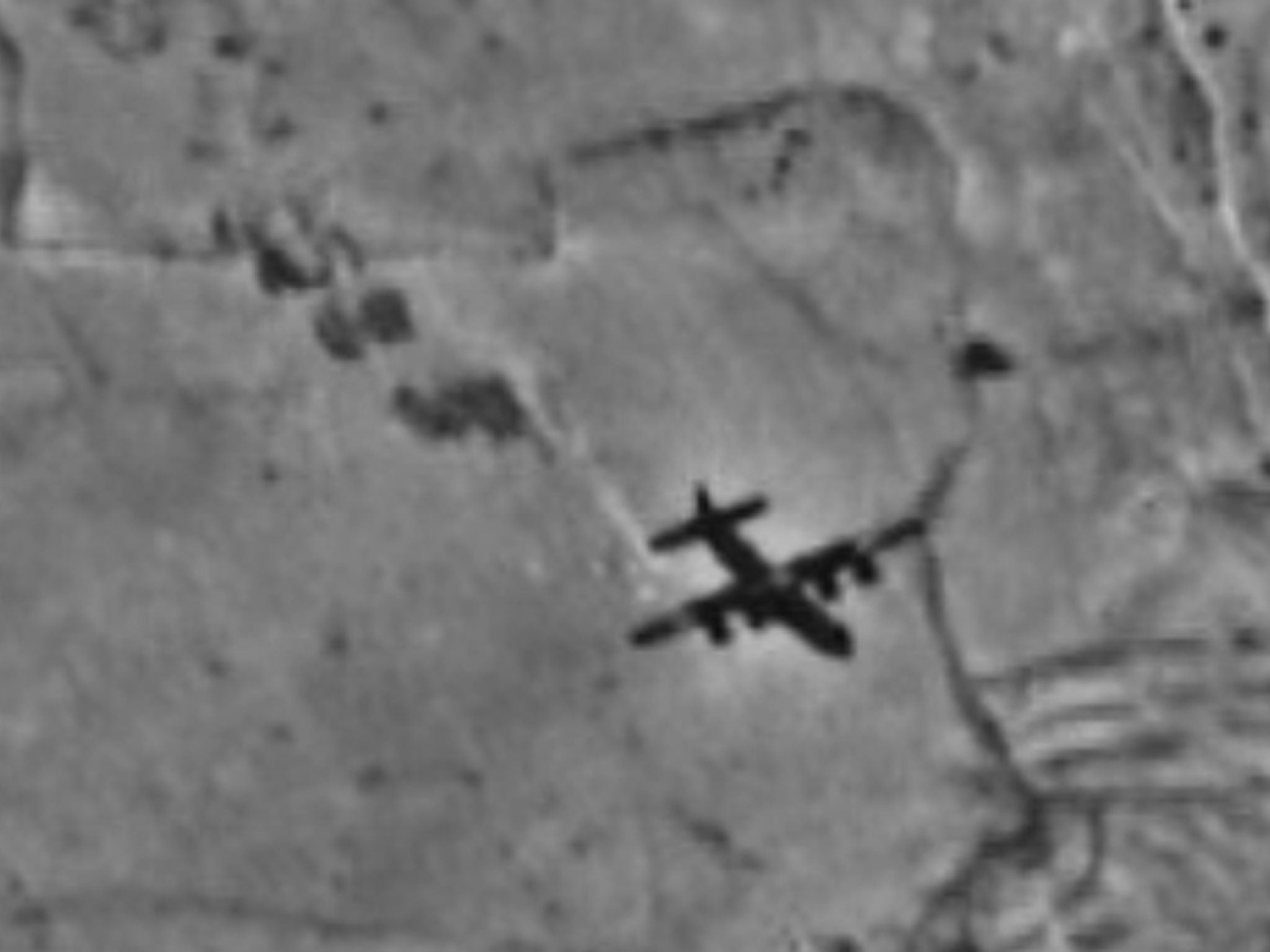Iraq crisis: The ultimate power struggle – why Nouri al-Maliki had to go
Old enemies such as Iran, the US, Kurds, Shia militias and Sunni politicians alike all support Haider al-Abadi. But has he got the strength to build a new Iraq?

Your support helps us to tell the story
From reproductive rights to climate change to Big Tech, The Independent is on the ground when the story is developing. Whether it's investigating the financials of Elon Musk's pro-Trump PAC or producing our latest documentary, 'The A Word', which shines a light on the American women fighting for reproductive rights, we know how important it is to parse out the facts from the messaging.
At such a critical moment in US history, we need reporters on the ground. Your donation allows us to keep sending journalists to speak to both sides of the story.
The Independent is trusted by Americans across the entire political spectrum. And unlike many other quality news outlets, we choose not to lock Americans out of our reporting and analysis with paywalls. We believe quality journalism should be available to everyone, paid for by those who can afford it.
Your support makes all the difference.After eight years as Prime Minister of Iraq, Nouri al-Maliki, deserted by his allies, has finally stood down and will be replaced by Haider al-Abadi. Applause for the new Iraqi leader, not always a front runner for the succession, has come from individuals, parties and countries which normally detest each other, such as Iran, the US, Kurds, Sunni politicians and Shia militia leaders. As a commentator on Iraq caustically remarked: “Somebody is going to be disappointed.”
Mr Maliki’s stubbornness in clinging to power was finally overcome when Iran decided that there must be a new leader in Baghdad who was not detested by the Sunnis and the Kurds. Mr Maliki’s Dawa Party put forward Mr Abadi as a candidate and this was accepted by Tehran. The former Prime Minister’s late-Thursday night speech ceding power may have been motivated by fear that, if he did not withdraw, he would be denounced at Friday prayers by Grand Ayatollah Ali Sistani, the Shia clerical leader.
The chorus of cheers inside and outside Iraq that has greeted Mr Maliki’s departure is not unanimous. The most significant of those who say the change will make no difference is the Islamic State of Iraq and the Levant (Isis) and Sunni armed groups who actually control the Sunni provinces and whose fighters have recently been knocking on the gates of Baghdad and Erbil. They see Mr Abadi as just one more representative of a Shia religious party who will seek to maintain Shia dominance over Iraq.
But cynicism can go too far and the departure of Mr Maliki removes a man who had become a hate figure for six million Sunni Arabs. His redeeming features were never numerous: he consolidated his support among the Shias by exacerbating animosities between them and the Sunnis and the Kurds.
The manipulation of communal fears was not Mr Maliki’s only failing. He presided over a state apparatus that one former minister described as “an institutionalised kleptocracy”. One of the reasons Isis finds it so easy to recruit young fighters is that they have no jobs and the reason for this is that Iraq’s $100bn-a-year oil revenue was either stolen by senior officials or used to create a gargantuan patronage machine for Dawa Party supporters.
Iraq’s 350,000 soldiers and 650,000 policemen were swiftly defeated by Isis because they held their jobs to make money and not to fight. A colonel would buy his post for $200,000 and then make a profit by embezzlement, kickbacks and using military checkpoints to levy a charge on commercial traffic. Under Mr Maliki, the Iraqi government turned into a racket. Heavy rains in Baghdad last year flooded the streets because new sewers, on which $7bn had been supposedly spent, had never been built.
This system weighed hardest on the Sunnis who found themselves excluded from jobs and patronage. Worse, the security forces differed little in their methods from those employed by Saddam Hussein including the pervasive use of torture to extract confessions and collective punishment of Sunni communities by random arrests.

Such a dysfunctional state cannot be transformed totally because too many Iraqis depend on it for their income. But Mr Abadi, a businessman long resident in the UK before 2003, might be able to make important reforms such as an amnesty for prisoners and an end to the targeting of Sunnis through de-Baathification.
This will not be easy and may not even be possible. Mr Abadi, an important but not a leading politician, does not have the strength to purge his own Dawa Party and the thousands of incompetent and crooked officials appointed by Mr Maliki. On the other hand, he will have the advantage of not being Mr Maliki when it comes to dealing with the Sunnis and the Kurds. A problem is that an offer by now Mr Abadi to share power and resources with the Sunnis comes too late. What might have worked in 2010 will not necessarily work today. In the Isis-controlled Sunni provinces, the question is no longer whether the government will share power with the Sunnis, but will the Sunnis share power with it.
Mr Maliki may have been a very bad leader, but he was not the sole fount of all Iraq’s communal problems. The uprising of the Sunni majority in 2011 reenergised the Sunni minority in Iraq, many of whom had never accepted their loss of power when Saddam Hussein fell in 2003. Mr Abadi has no magic wand to bring together communities whose differences may be irreconcilable.
Patrick Cockburn is the author of ‘The Jihadis Return: Isis and the New Sunni Uprising’, published by OR Books
Join our commenting forum
Join thought-provoking conversations, follow other Independent readers and see their replies
Comments